Plants, Free Full-Text
Por um escritor misterioso
Last updated 25 março 2025
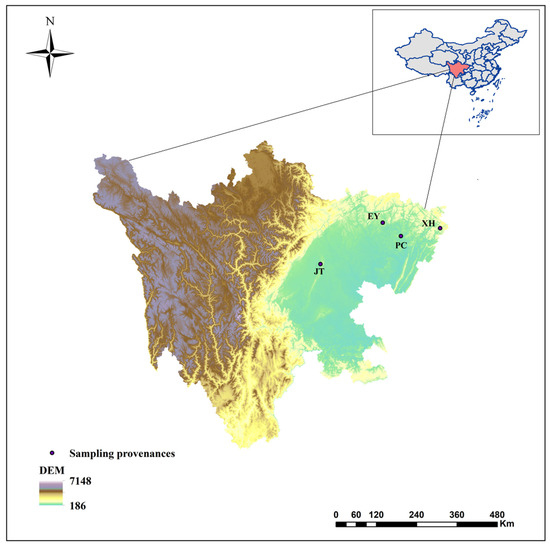
Alnus cremastogyne is a rapidly growing broad-leaved tree species that is widely distributed in southwest China. It has a significant economic and ecological value. However, with the expansion of the planting area, the influence of phenotypic variation and differentiation on Alnus cremastogyne has increased, resulting in a continuous decline in its genetic quality. Therefore, it is crucial to investigate the phenotypic variation of Alnus cremastogyne and select excellent breeding materials for genetic improvement. Herein, four growth-related phenotypic traits (diameter at breast height, the height of trees, volume, height under the branches) and twelve reproductive-related phenotypic traits (fresh weight of single cone, dry weight of single cone, seed weight per plant, thousand kernel weight, cone length, cone width, cone length × cone width, fruit shape index, seed rate, germination rate, germination potential, germination index) of 40 clones from four provenances were measured and analyzed. The phenotypic variation was comprehensively evaluated by correlation analysis, principal component analysis and cluster analysis, and excellent clones were selected as breeding materials. The results revealed that there were abundant phenotypic traits variations among and within provenances. Most of the phenotypic traits were highly significant differences (p < 0.01) among provenances. The phenotypic variation among provenances (26.36%) was greater than that of within provenances clones (24.80%). The average phenotypic differentiation coefficient was accounted for 52.61% among provenances, indicating that the phenotypic variation mainly came from among provenances. The coefficient of variation ranged from 9.41% (fruit shape index) to 97.19% (seed weight per plant), and the repeatability ranged from 0.36 (volume) to 0.77 (cone width). Correlation analysis revealed a significantly positive correlation among most phenotypic traits. In principal component analysis, the cumulative contribution rate of the first three principal components was 79.18%, representing the main information on the measured phenotypic traits. The cluster analysis revealed four groups for the 40 clones. Group I and group II exhibited better performance phenotypic traits as compared with group III and group IV. In addition, the four groups are not clearly clustered following the distance from the provenance. Employing the multi-trait comprehensive evaluation method, 12 excellent clones were selected, and the average genetic gain for each phenotypic trait ranged from 4.78% (diameter at breast height) to 32.05% (dry weight of single cone). These selected excellent clones can serve as candidate materials for the improvement and transformation of Alnus cremastogyne seed orchards. In addition, this study can also provide a theoretical foundation for the genetic improvement, breeding, and clone selection of Alnus cremastogyne.
Mara Des Bois strawberry was developed by a French breeding program. This variety produces small to medium fruit, and contains the highest flavor and

Mara Des Bois Strawberry Plant-BUY 4 GET 1 FREE
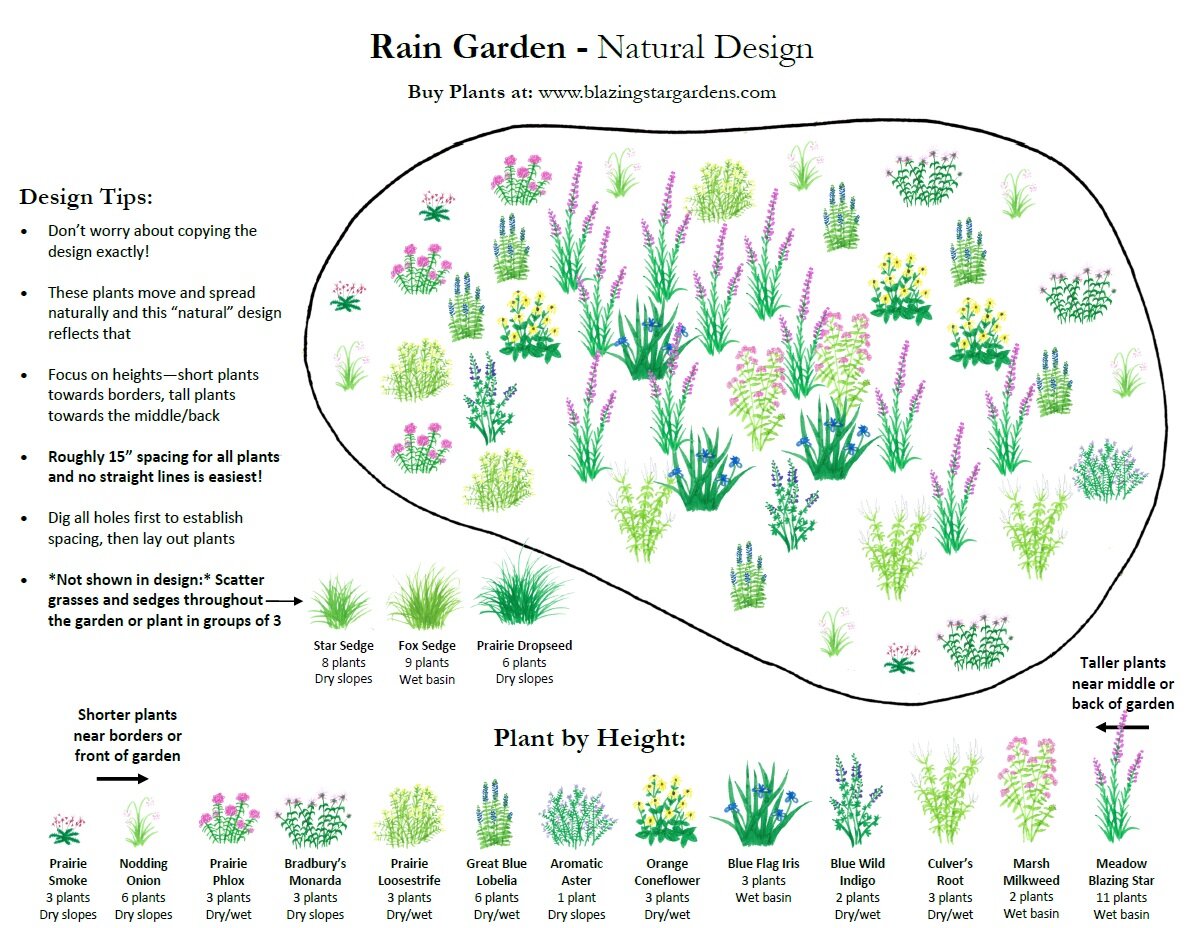
Free Rain Garden Design — Blazing Star Gardens
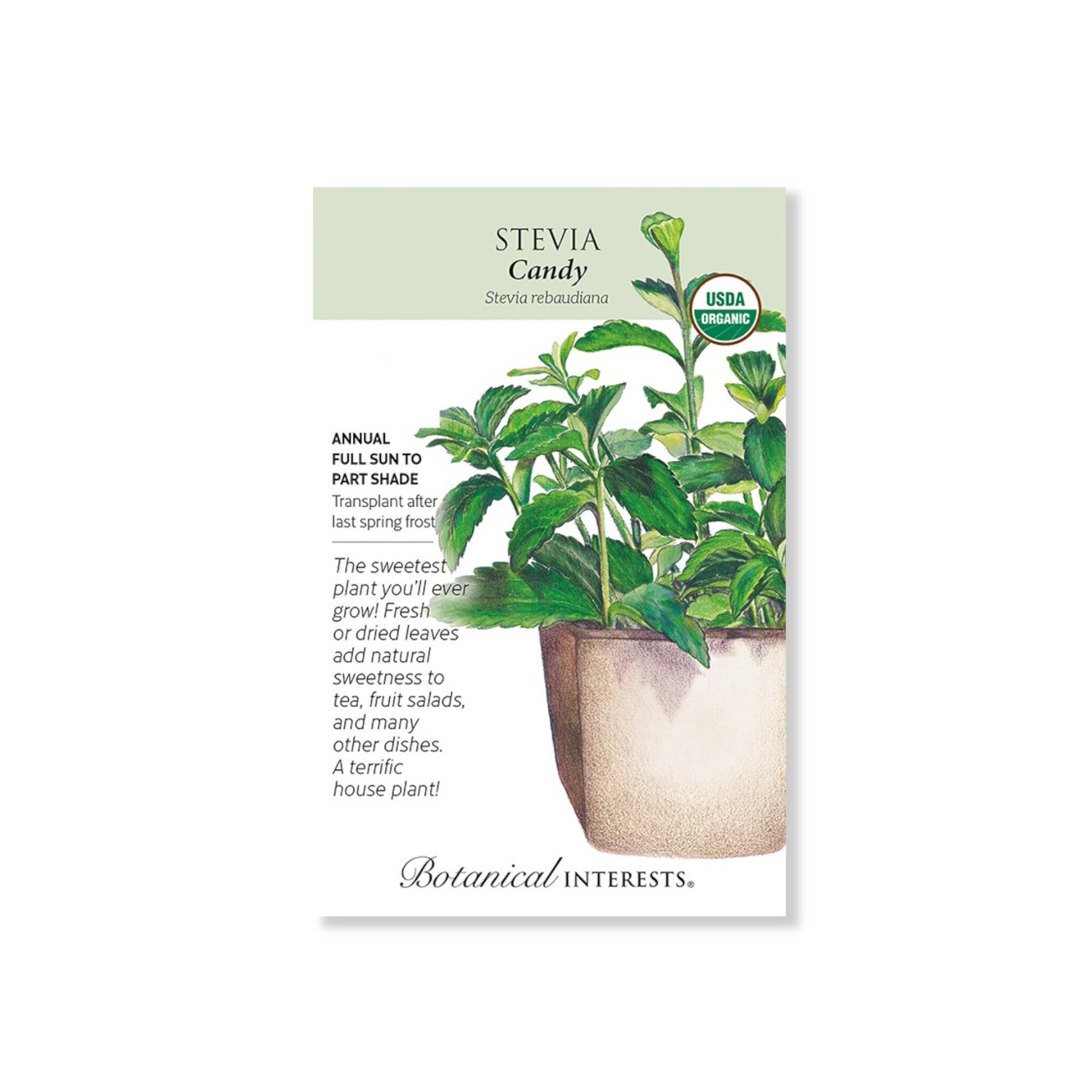
Stevia Candy Seeds (Botanical Interests)

Printable Plant Care Cards Template

The Complete Houseplant Survival Manual - Barbara Pleasant – Mandy
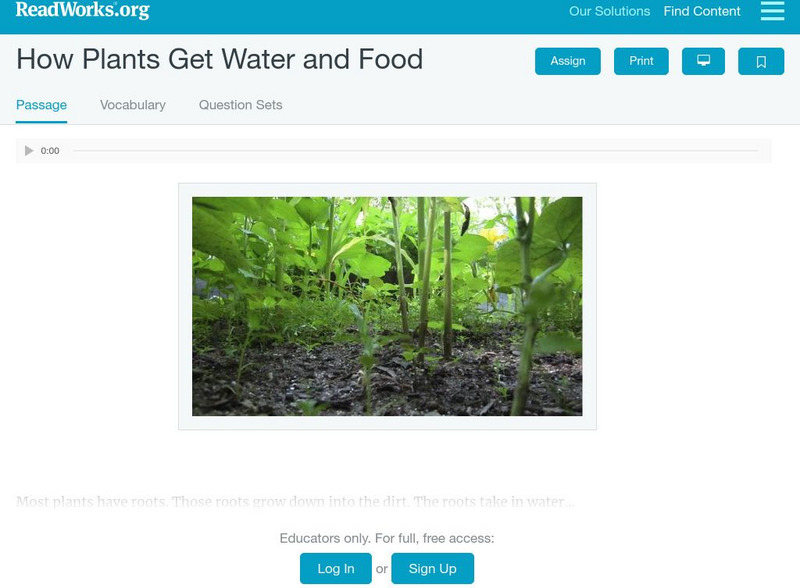
Read Works: How Plants Get Water and Food Activity for
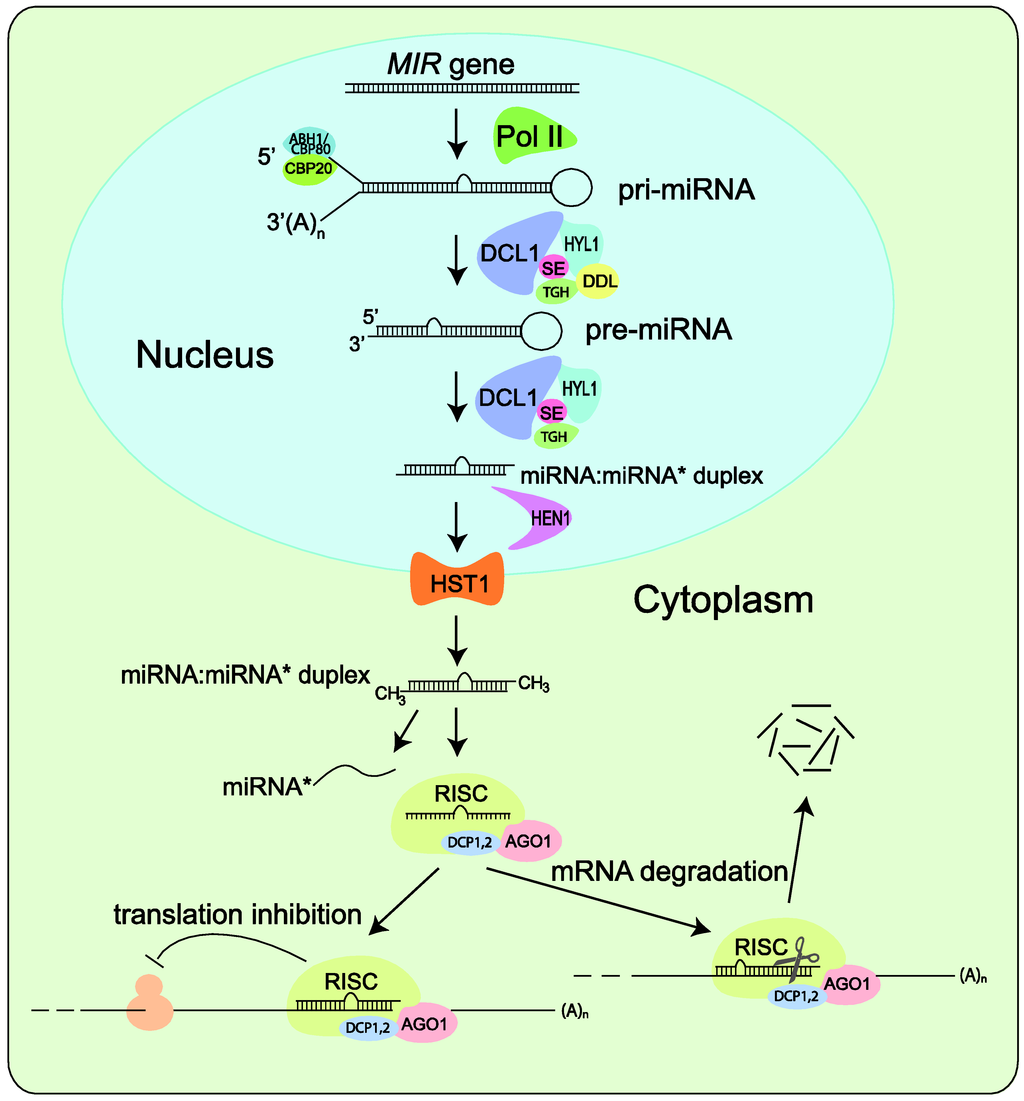
Biology, Free Full-Text

Plants I need free printable
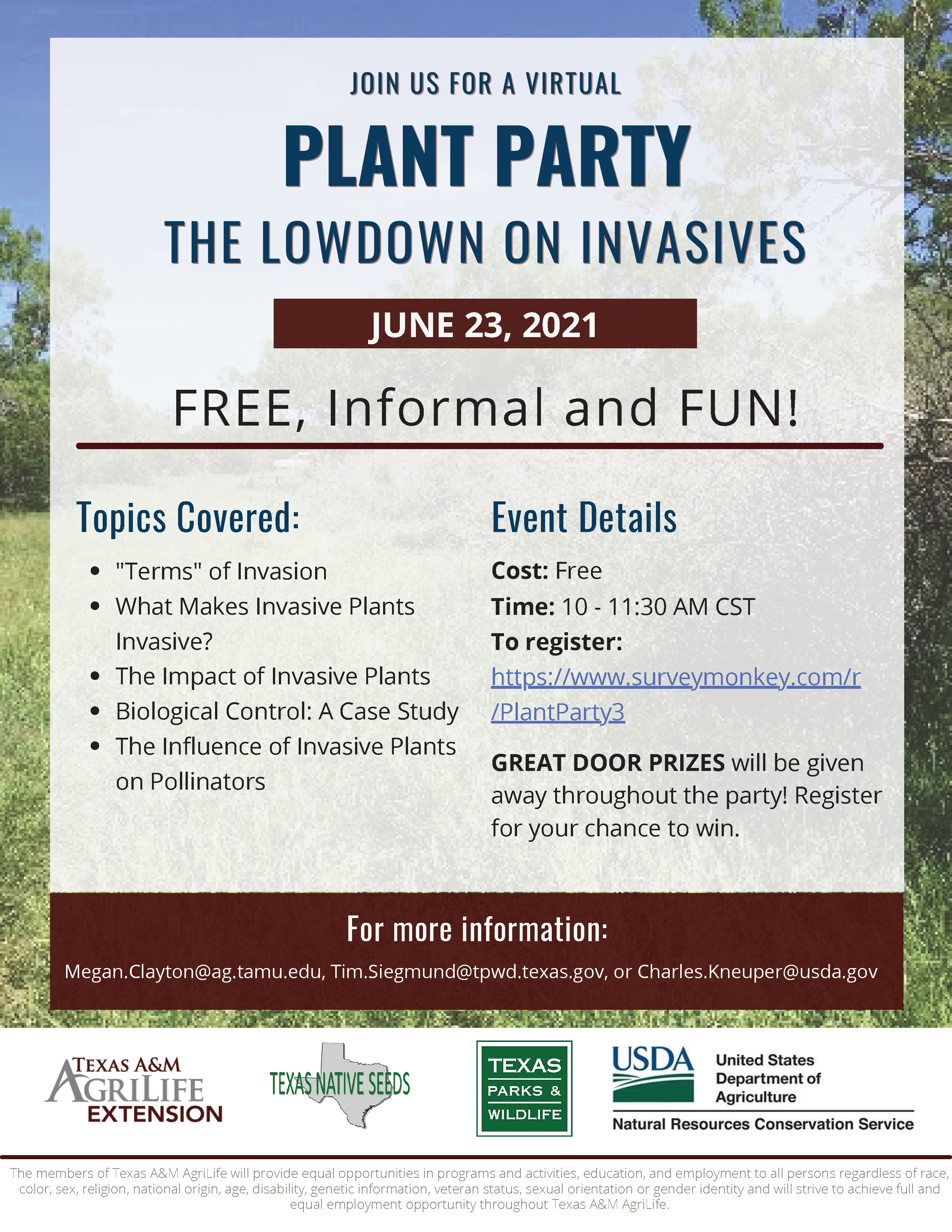
Virtual Plant Party: The Lowdown on Invasives - Washington
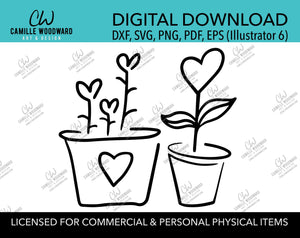
Potted Plants Sprouting Love Heart Flowers Black & White Clip Art

PDF) A complete gap-free diploid genome in Saccharum complex and

Plant Unit – All About Plants PowerPoint – Life Cycle Activities

Found Things Plant Shop
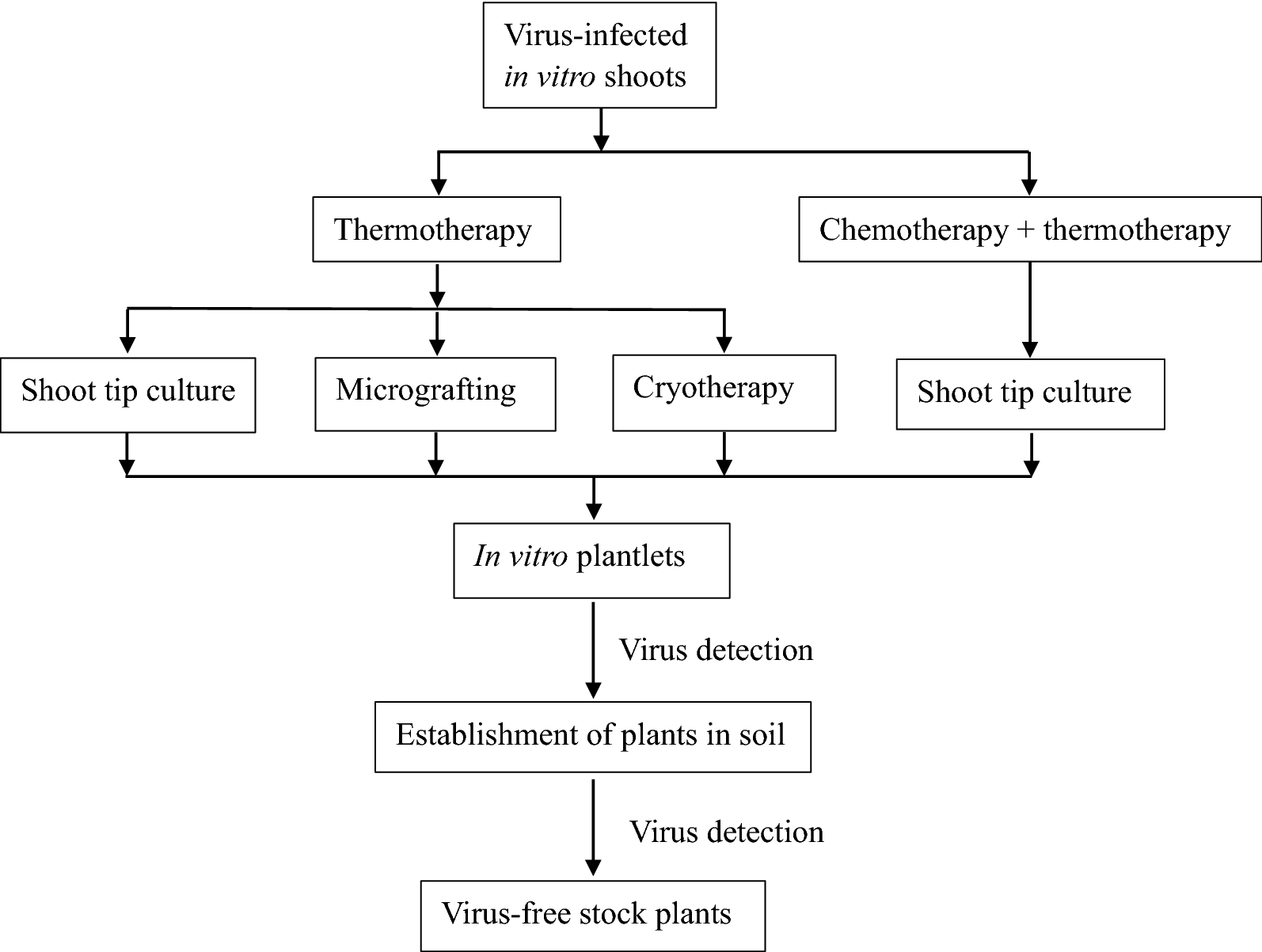
In vitro thermotherapy-based methods for plant virus eradication
Recomendado para você
-
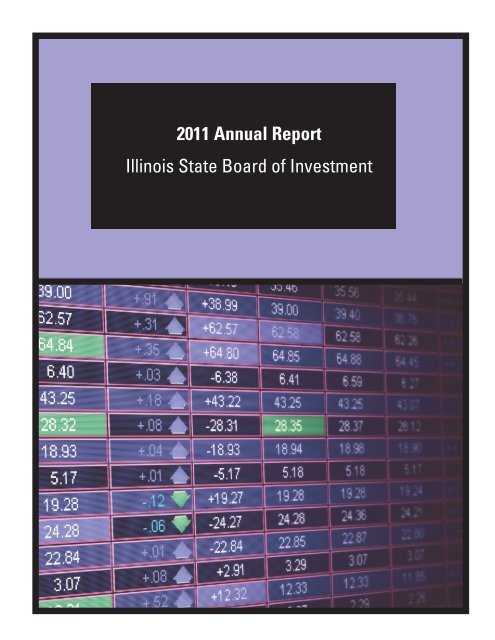 2011 Annual Report Illinois State Board of Investment - State of25 março 2025
2011 Annual Report Illinois State Board of Investment - State of25 março 2025 -
 SCP - 45789. killer reaper ., Wiki25 março 2025
SCP - 45789. killer reaper ., Wiki25 março 2025 -
Cloudy Backpack Roblox Item - Rolimon's25 março 2025
-
![SCP-1802 Skip Safe [SCP Document Reading]](https://i.ytimg.com/vi/_MrjFAe3aq0/maxresdefault.jpg) SCP-1802 Skip Safe [SCP Document Reading]25 março 2025
SCP-1802 Skip Safe [SCP Document Reading]25 março 2025 -
 Physician Recruiter Resume Samples25 março 2025
Physician Recruiter Resume Samples25 março 2025 -
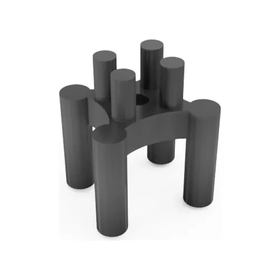 Acessórios para Ferramentas25 março 2025
Acessórios para Ferramentas25 março 2025 -
Can you share your very recent paint/sketch? - The Art Club - Quora25 março 2025
-
 4th of July Fireworks in Lake Mills - Enjoy Jefferson County25 março 2025
4th of July Fireworks in Lake Mills - Enjoy Jefferson County25 março 2025 -
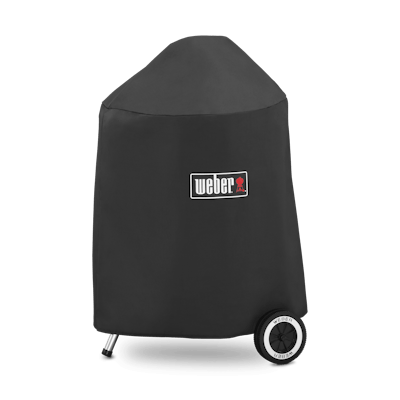 Weber 18” Original Kettle, Charcoal Grill25 março 2025
Weber 18” Original Kettle, Charcoal Grill25 março 2025 -
![SCP-7148 Land of Milk and Honey Keter [SCP Document Reading]](https://i.ytimg.com/vi/M3M6b7r1uEA/maxresdefault.jpg) SCP-7148 Land of Milk and Honey Keter [SCP Document Reading]25 março 2025
SCP-7148 Land of Milk and Honey Keter [SCP Document Reading]25 março 2025
você pode gostar
-
 A Horse My Kingdom For A Horse Shakespeare Quote Richard III Sweatshirt25 março 2025
A Horse My Kingdom For A Horse Shakespeare Quote Richard III Sweatshirt25 março 2025 -
 Pin de Julia Silva bauee em tublr em 202325 março 2025
Pin de Julia Silva bauee em tublr em 202325 março 2025 -
 Jogo de basquete em Orlando – Qualquer viagem. Eu vou!25 março 2025
Jogo de basquete em Orlando – Qualquer viagem. Eu vou!25 março 2025 -
 Indie Retro News: Fighting Street - Beat Em Up ( Summer 2013 Release )25 março 2025
Indie Retro News: Fighting Street - Beat Em Up ( Summer 2013 Release )25 março 2025 -
Baixar Ônibus Escolar Jogo para PC - LDPlayer25 março 2025
-
20th Century Fox (Studios) Logo Variations on Vimeo25 março 2025
-
 BLOX FRUITS (FRUIT FINDER)👻 – ScriptPastebin25 março 2025
BLOX FRUITS (FRUIT FINDER)👻 – ScriptPastebin25 março 2025 -
Hdhdhdhdh - Brick Hill25 março 2025
-
 When Dwayne Johnson Said Marvel's Avengers Are Pus*ies While25 março 2025
When Dwayne Johnson Said Marvel's Avengers Are Pus*ies While25 março 2025 -
 bubble PNG transparent image download, size: 6658x8000px25 março 2025
bubble PNG transparent image download, size: 6658x8000px25 março 2025